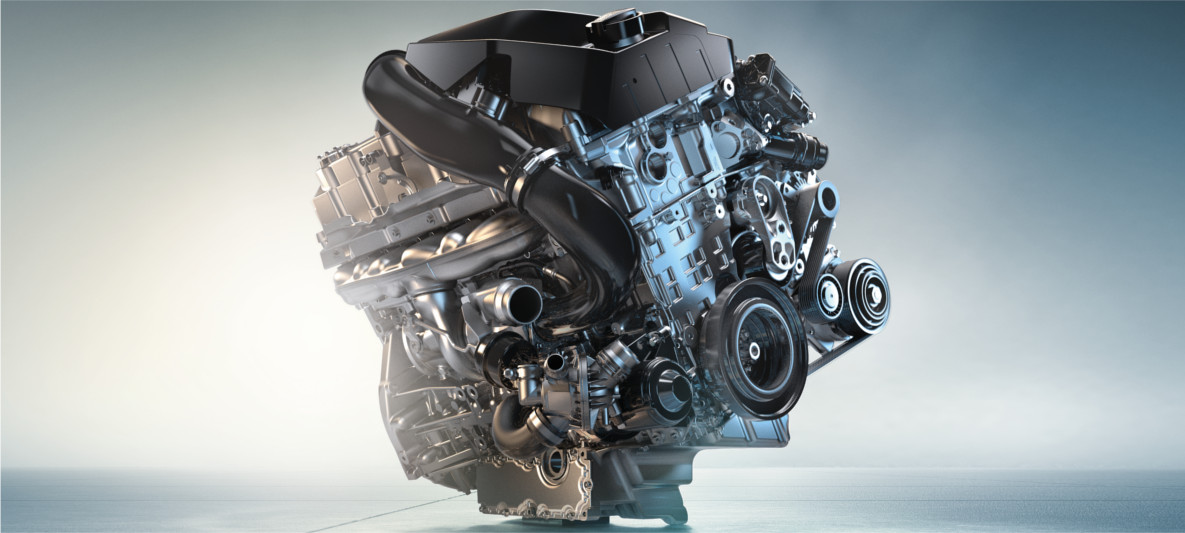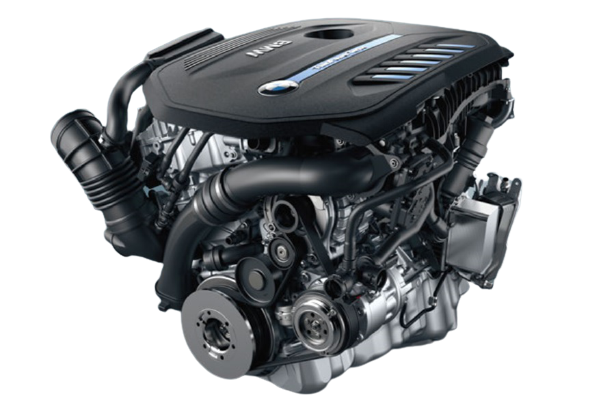The Evolution of the BMW Engine: A Recall at Iconic Designs
The Evolution of the BMW Engine: A Recall at Iconic Designs
Blog Article
Introducing the Intricacies of Next-Generation Power Units: a Deep Study Advanced Engine Innovations and designs
As we stand on the precipice of a new era in transportation, the ins and outs of next-generation engine styles bid us to discover the advanced technologies and innovations that promise to redefine the driving experience. Diving deeper right into the worlds of emission control, smart engine administration systems, and the perspective of power unit advancement, we discover ourselves on the cusp of an improvement that assures to reshape the landscape of mobility as we understand it.
Development of Engine Products

The shift towards progressed engine products has likewise made it possible for engineers to develop engines with greater power outputs while maintaining fuel effectiveness requirements. The use of lightweight products decreases the overall weight of the engine, leading to boosted fuel economic situation and reduced emissions. In addition, innovations in materials innovation have enabled for better thermal management within engines, resulting in raised dependability and long life.
Turbocharging and Supercharging Technologies
Exactly How do Turbocharging and Supercharging Technologies change engine performance and efficiency in modern-day vehicles? Turbocharging and supercharging are modern technologies that considerably improve engine performance by boosting the quantity of air consumption right into the combustion chamber. Turbocharging attains this by making use of a wind turbine driven by exhaust gases to pressurize the consumption air, while supercharging utilizes a belt- or chain-driven compressor to achieve the exact same effect.
These technologies enable smaller sized, a lot more fuel-efficient engines to generate power comparable to larger ones, referred to as downsizing. By compeling even more air into the cylinders, supercharging and turbocharging enhance burning efficiency, causing increased horse power and torque outcome without a significant rise in engine dimension. This leads to far better velocity, pulling ability, and total driving efficiency.
Additionally, turbocharging and turbo charging contribute to boosted gas effectiveness by allowing the usage of smaller sized engines that take in much less gas under typical driving conditions - bmw engine. This combination of boosted efficiency and effectiveness has made turbocharging and supercharging integral components of several modern engine layouts
Exhaust Control and Environmental Impact
With boosting international worries concerning air quality and ecological sustainability, the execution of emission control technologies in vehicles plays an important role in minimizing damaging contaminants released into the atmosphere. Modern cars are furnished with innovative discharge control systems that aid decrease the ecological impact of auto operations. Catalytic converters, for circumstances, are designed to transform toxic gases such as carbon monoxide gas, nitrogen oxides, and hydrocarbons into much less unsafe substances like carbon dioxide and the original source water vapor.
Moreover, improvements in engine innovation, such as the assimilation of exhaust gas recirculation systems and careful catalytic reduction, have significantly added to lowering discharges. These innovations operate in tandem to enhance combustion performance and lessen the release of dangerous toxins into the air. In addition, the development of crossbreed and electric lorries stands for a vital action towards reducing the overall environmental footprint of the transport industry.
Intelligent Engine Monitoring Solution

In addition, these systems allow vehicles to satisfy stringent exhausts requirements without endangering performance, supplying an extra eco-friendly driving experience. The assimilation of expert system and artificial intelligence capacities in engine administration systems proceeds to push the borders of what is possible, leading to further improvements in efficiency, integrity, and general lorry performance. bmw engine. As vehicle technology developments, smart engine management systems will play a crucial duty in shaping the future of transportation towards a more reliable and lasting instructions
Future Trends in Power Unit Advancement
As smart engine administration systems lead the method for enhanced control and optimization in modern vehicles, future patterns in power device advancement are poised to redefine the landscape of vehicle propulsion innovations. These alternate power sources offer enhanced efficiency and efficiency while lining up with strict environmental laws.
Another significant trend is the integration of innovative products and making strategies. Light-weight materials such as carbon fiber and light weight aluminum are being utilized to minimize general car weight, boosting fuel effectiveness and performance. In addition, innovations in 3D printing and additive production are enabling the production of complex engine parts with higher accuracy and resilience.
Additionally, expert system and artificial intelligence are playing a crucial duty in maximizing power device performance. These modern technologies enable real-time surveillance and flexible control, bring about more efficient and trusted power delivery. Generally, future patterns in power device advancement are geared in the direction of efficiency, effectiveness, and sustainability, driving the automotive sector in the direction of a new period of propulsion modern technologies.

Final Thought
In final thought, the developments in engine materials, turbocharging, discharge control, and intelligent monitoring systems have actually led the way for next-generation power units. These innovations have not only enhanced efficiency and efficiency but likewise decreased ecological influence. As innovation remains to progress, future patterns in power unit advancement are most likely to focus on additional enhancing sustainability and enhancing power output. The elaborate designs and developments in contemporary engines display the recurring evolution of vehicle technology.
Exploring the progressive advancements in engine materials has actually look at here been pivotal in boosting the performance and efficiency of contemporary engines. Over the years, the evolution of engine products has played a critical function in pressing the borders of what engines can achieve.The change in the direction of advanced engine products has actually additionally enabled designers to design engines with greater power outputs while preserving gas performance criteria.The implementation of intelligent engine administration systems in contemporary cars has actually reinvented the method engines are managed and enhanced for performance and performance. By collecting information in real-time and examining it with sophisticated algorithms, intelligent engine administration systems can adjust to driving styles, environmental aspects, and engine wellness to maximize power output while decreasing fuel usage and emissions.
Report this page